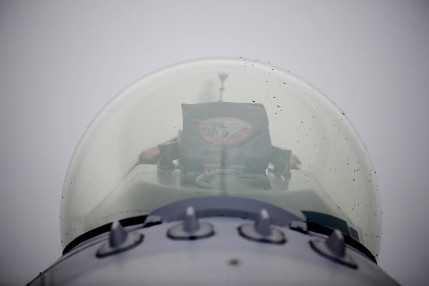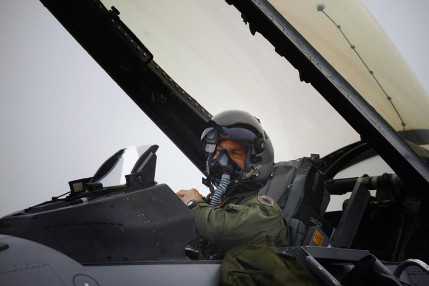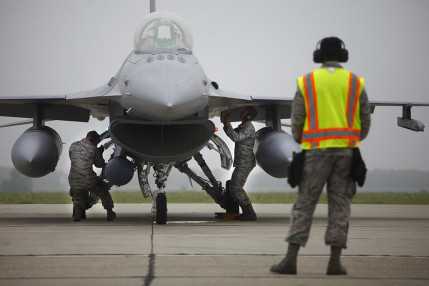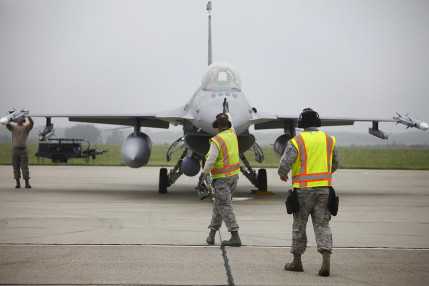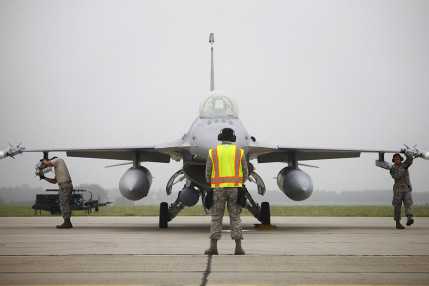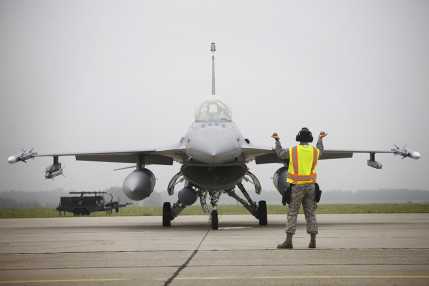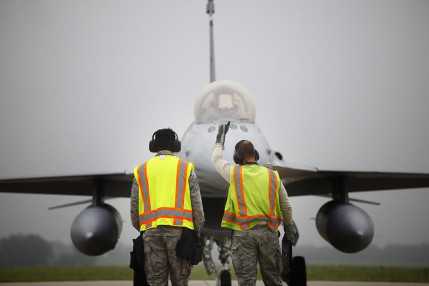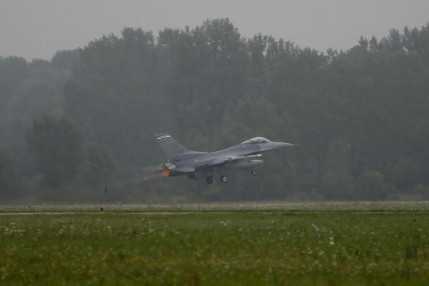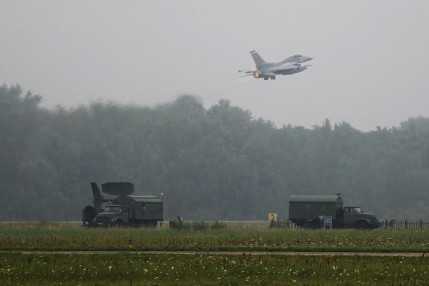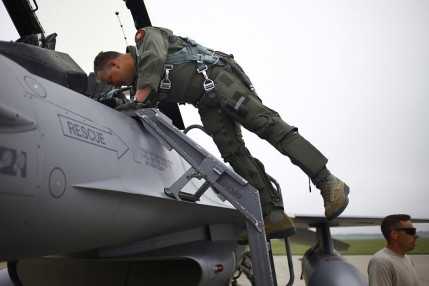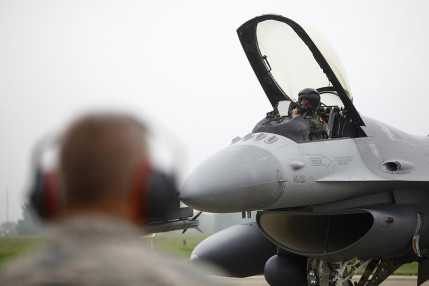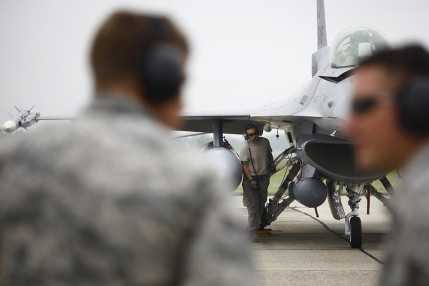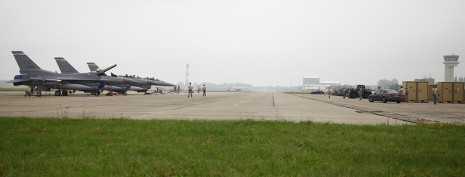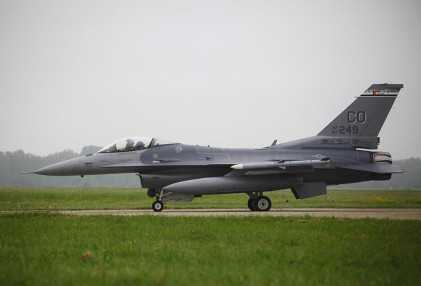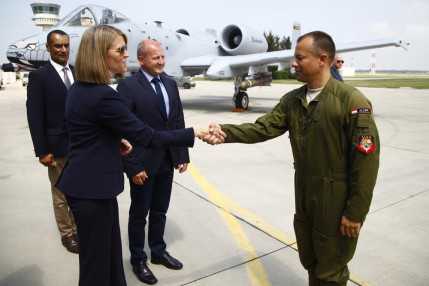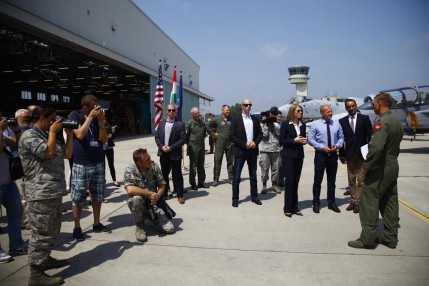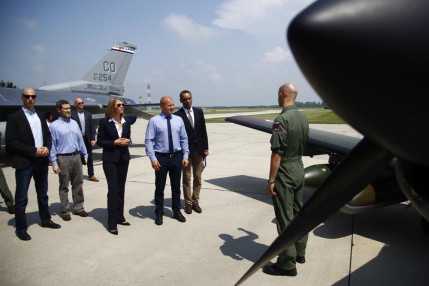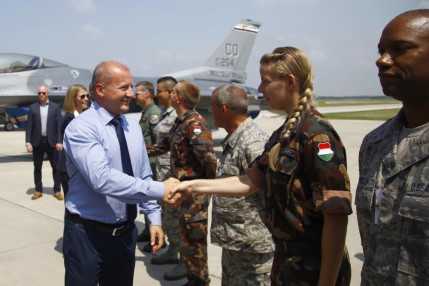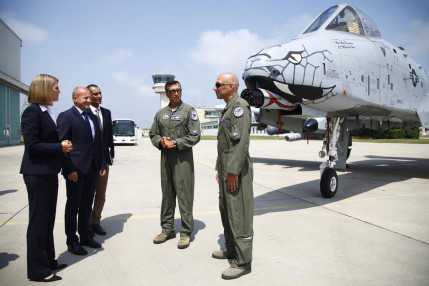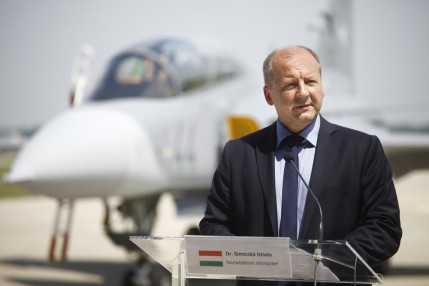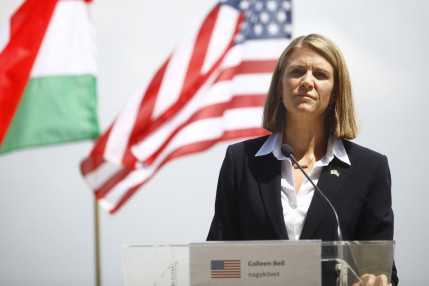Hungary Is a Reliable Ally
Szöveg: Gábor Kálmánfi | 2016. augusztus 2. 9:00“At present, the Hungarian Defence Forces are taking part in major operations involving a great deal of responsibility both within and beyond our borders, but even in such circumstances, it is extremely important to develop cooperation with our NATO allies”, Minister of Defence Dr. István Simicskó stressed on at the HDF Pápa Air Base on Wednesday, 27 July, the media day of the multinational aircraft training exercise Panther Strike 2016.
Galéria
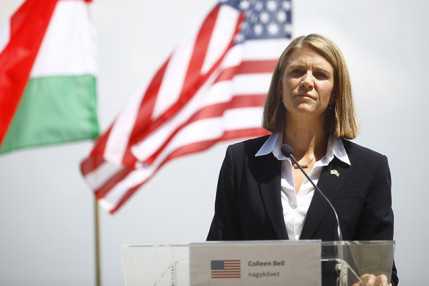
Ambassador of the United States to Hungary Colleen Bell, who viewed some elements of the training program, said that this has been the first multinational, complex flying exercise on such a scale in Hungary since the joint operations in the Balkans. “The success of this training mission demonstrates our unique capability to work together and to employ our militaries as one force even as they are based in geographically separated airfields around the region", Colleen Bell said.
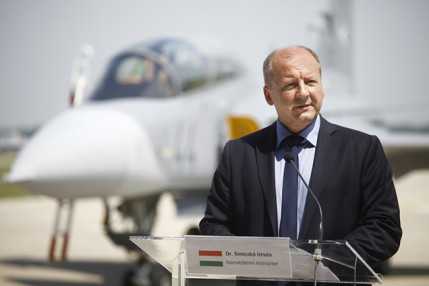
Mr. Simicskó emphasized that without training and practice, no armed forces in the world would be able to guarantee the security of citizens. “Each joint military exercise or jointly implemented training exercise reinforces NATO, and Hungary is committed to this process. Hungary is a reliable ally; our goal is to be given the opportunity to take part in as many similar joint training exercises as possible", the Defence Minister underlined, adding that the Pápa Air Base of the Hungarian Defence Forces has undergone a major infrastructure development in recent years.
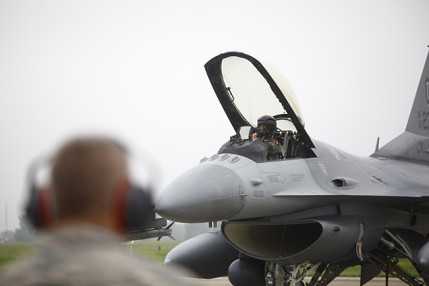
From among the US, Slovenian, Slovak and Hungarian aircraft participating in Panther Strike 2016, representatives of the press saw F-16s and C-17 cargo planes in mid-air, while the A-10 attack aircraft, Gripen fighters and PC-9M advanced training aircraft were showcased as part of a static display.
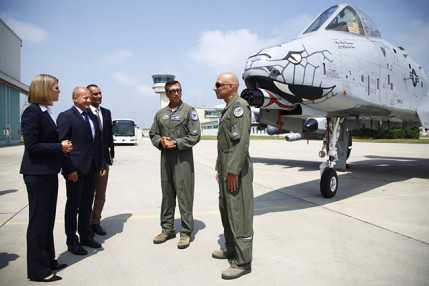
The principal purpose of the joint military flying training is, among others, to practice aerial refueling, air-to-air (A-A) tactics and close air support (CAS) for ground forces, and to train joint terminal attack controllers (JTAC) in a multinational environment.
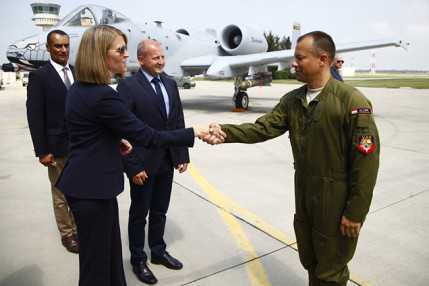
Photo: Veronika Dévényi
